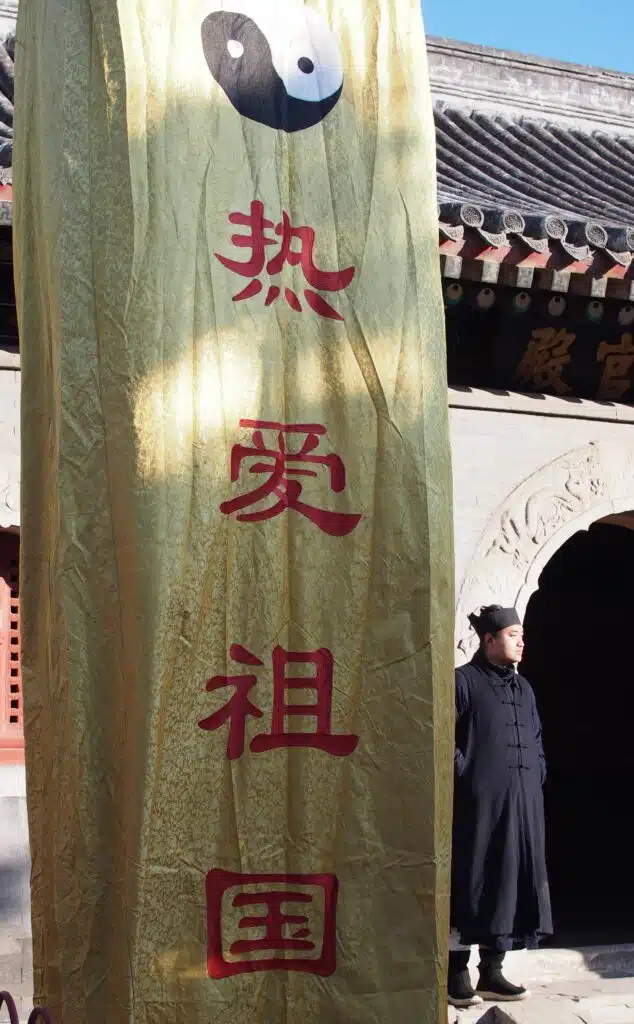In Christian-majority Philippines, Muslim converts have become unexpected drivers of the country’s halal industry. From local advocacy to global certification networks, their initiatives reveal how new Muslims helped shape a faith-based market that bridges religion, commerce, and national identity.
When Taiwan’s recall protests erupted in 2025, faith and politics merged in striking ways, from churches sheltering activists to Daoist talismans and satirical funerals. This article explores how sacred symbols and rituals became tools of dissent, revealing a democracy expressed not only in votes, but in street demonstrations, rites and sacred imagery.
This article traces the journeys of Chinese women connected to the Yiguandao movement, whose conversions took place in both China and Japan. Balancing spiritual freedom with caution under the shadow of China’s religious restrictions, their stories reveal a discreet yet resilient form of faith.
This report by Fang-I Chu examines how ghost stories across Taiwan operate as informal modes of remembering the authoritarian past, particularly when official transitional-justice initiatives encounter political resistance or social unease. Focusing on Green Island—formerly a political prison—it traces the ways residents, survivors, tourists, and religious groups engage with the island’s commemorative landscape.
Report: The Presbyterian Church in Taiwan – Between prophetic tradition and institutional challenges
This report, authored by Kwan Yuk Sing for Religioscope, explores the political engagement of the Presbyterian Church in Taiwan (PCT) through a combination of historical analysis and interviews with pastors, historians, lay members, and youth activists. Once celebrated for its decisive role in Taiwan’s democratization, the PCT now wrestles with the tension between prophetic witness and institutional compromise.
Born in Chile and raised Catholic, Elvira now spends her days in a small Changhua township, opening the gates of Wan’an Temple before dawn, performing rituals, and guiding villagers through the daily rhythms of belief. Her life is a rare story of cross-cultural religious transformation: how a foreign woman became a biō-pô (廟婆), a ritual leader in a rural Taiwanese temple.
This report, authored by Mattias Swenson Daly for Religioscope, explores the global expansion of the Quanzhen sect of Taoism and how the Chinese Communist Party has used it as a tool of influence through the United Front Work Department (UFWD). It examines the sect’s spread to Taiwan and the West since the late 20th century and analyzes how the UFWD leverages Quanzhen’s religious activities to promote pro-CCP messaging and exert both soft and sharp power abroad.






